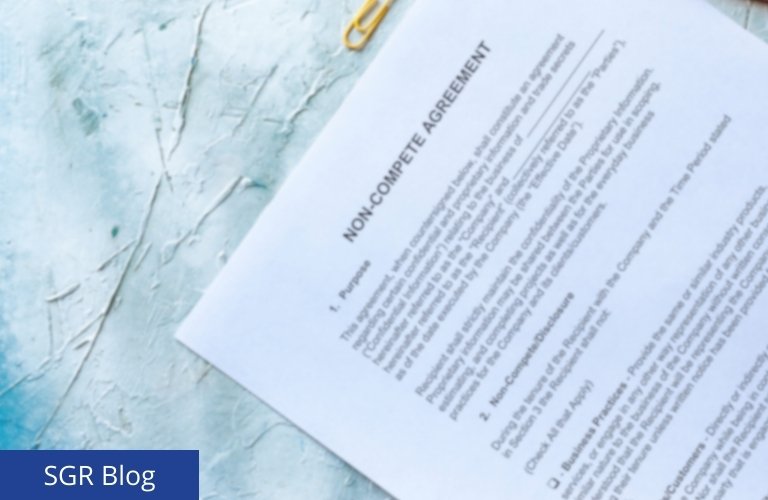
Georgia courts have traditionally refused to uphold contractual covenants not to compete that did not meet exacting standards. In addition, Georgia courts have applied their own standards even when the contract specified that it was governed by the law of another state. In Motorsports of Conyers, LLC v. Burbach, Case No. S22G0854 (decided Sept. 6, 2023), the Georgia Supreme Court examined whether statutes adopted in 2011 designed to allow the more liberal enforcement of non-competition covenants altered the traditional approach to resolving choice of law issues. The Court concluded that it had not.
Georgia courts will respect the choice of parties to apply the law of another state to a contract unless application of the other state’s law would be contrary to Georgia public policy. Opinion at p. 10. Because contracts in restraint of trade are contrary to Georgia public policy, Georgia courts have declined to apply the law of another state to uphold a restrictive covenant that Georgia law would not enforce. Opinion at pp. 12-13. In Burbach, the Georgia Supreme Court concluded that although the 2011 statutory changes allowed the enforcement of more non-competition covenants, those covenants that were unenforceable still violated Georgia public policy. Because Georgia courts will not apply the law of another state if doing so would violate Georgia public policy, the law of another state could not make enforceable a covenant a Georgia court would not enforce.
The Burbach decision impacts anyone drafting a non-competition covenant that might be enforced in Georgia. Unless the covenant is enforceable under Georgia law, it will not be enforced even if it would be enforceable under the law of another state.
The opinion is available at https://www.gasupreme.us/wp-content/uploads/2023/09/s22g0854.pdf

